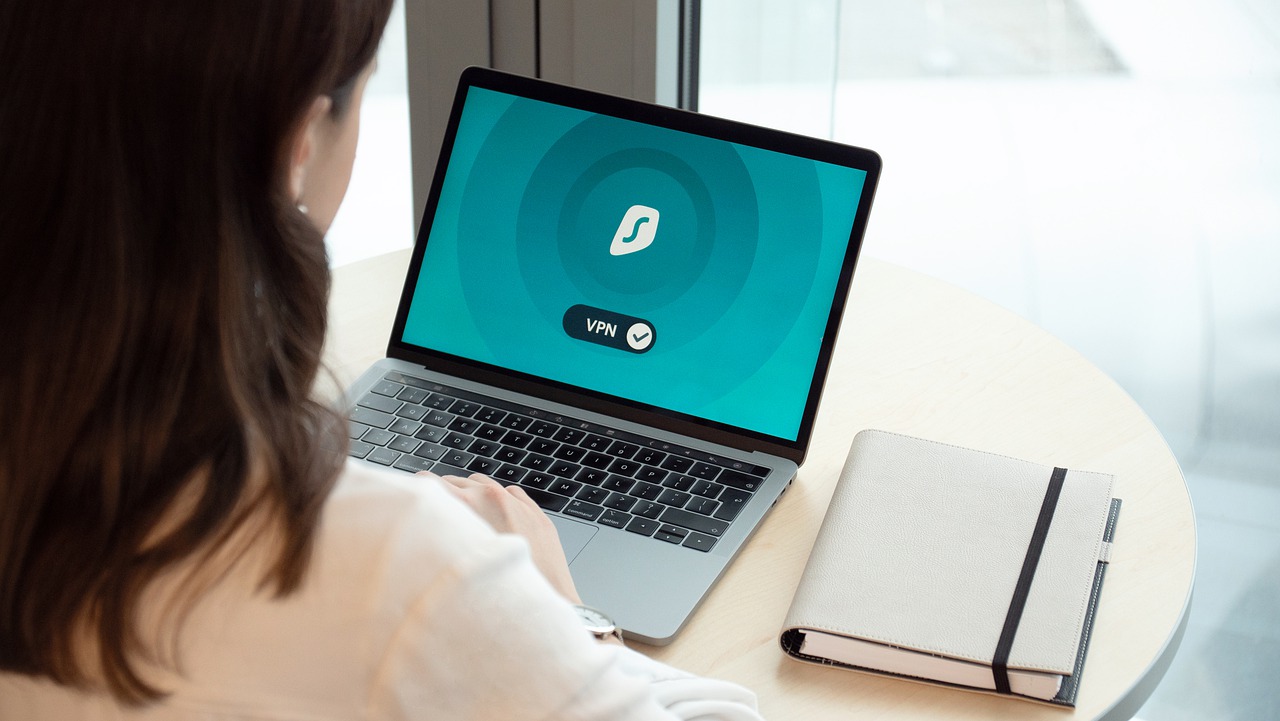VPNs, or Virtual Private Networks, are essential in protecting the security of your data. With our digital footprints closely monitored by internet service providers, advertisers, or those with concealed identities lurking on public Wi-Fi networks, safeguarding your online activity and information from prying eyes is essential.
Using a VPN allows you to bypass geographic restrictions, protect your identity and information from untrustworthy Wi-Fi networks or hotspots, and gain anonymity while online. But how exactly does this work?
VPNs establish a connection between you and the remote server operated by the service. By funneling all internet traffic through the server, your computer’s IP address is masked, keeping your identity, location, and information safe. Think of a VPN as a tunnel. While operating inside the tunnel, every hacker, internet service provider, or government body is restricted from seeing what’s happening inside the tunnel or viewing the encrypted content safeguarded by the VPN.
You should note, however, that VPNs do not function as anti-virus software. While they encrypt your information and safeguard your IP address, they do not protect your computer from cyber-attacks, bots, viruses, or other malware.
VPN services use encryption, which is the process of making your data unreadable to others. Your data is scrambled using a cipher, which requires a key to decipher the message and thus access your information. Most VPN companies employ a 265-bit encryption standard, which denotes the size and complexity of the encryption. The higher the number, the more combination possibilities there are. With the 265-bit encryption, there are more combinations than stars in the universe. No wonder it’s the highest encryption standard currently available.
Public Wi-Fi networks are insecure. Anyone can access them, and all information shared on that network is easily accessible. Banking details, private messages, and other valuable information are made public. But when using a VPN on a public Wi-Fi network, all a hacker will see is gibberish. You can still enjoy the convenience of a public Wi-Fi network, but with the safety of your virtual network.
VPN servers act as proxies on the internet. The demographic location comes from a server located in a different country, so your actual location cannot be determined. While internet service providers store logs of your online activity and behaviour, VPN services do not. Unlike internet service providers, VPN services do not share your history and digital footprint with advertisers, government bodies, or third parties, and are not likely to fall victim to cyber-attacks due to the incredibly high standard of encryption.
By utilising high levels of encryption, keeping your IP address, valuable information, and browsing history private, establishing a secure connection to the internet through a VPN has never been easier. Get in touch with us at Computer Man today to find out more about safeguarding your internet connection.
